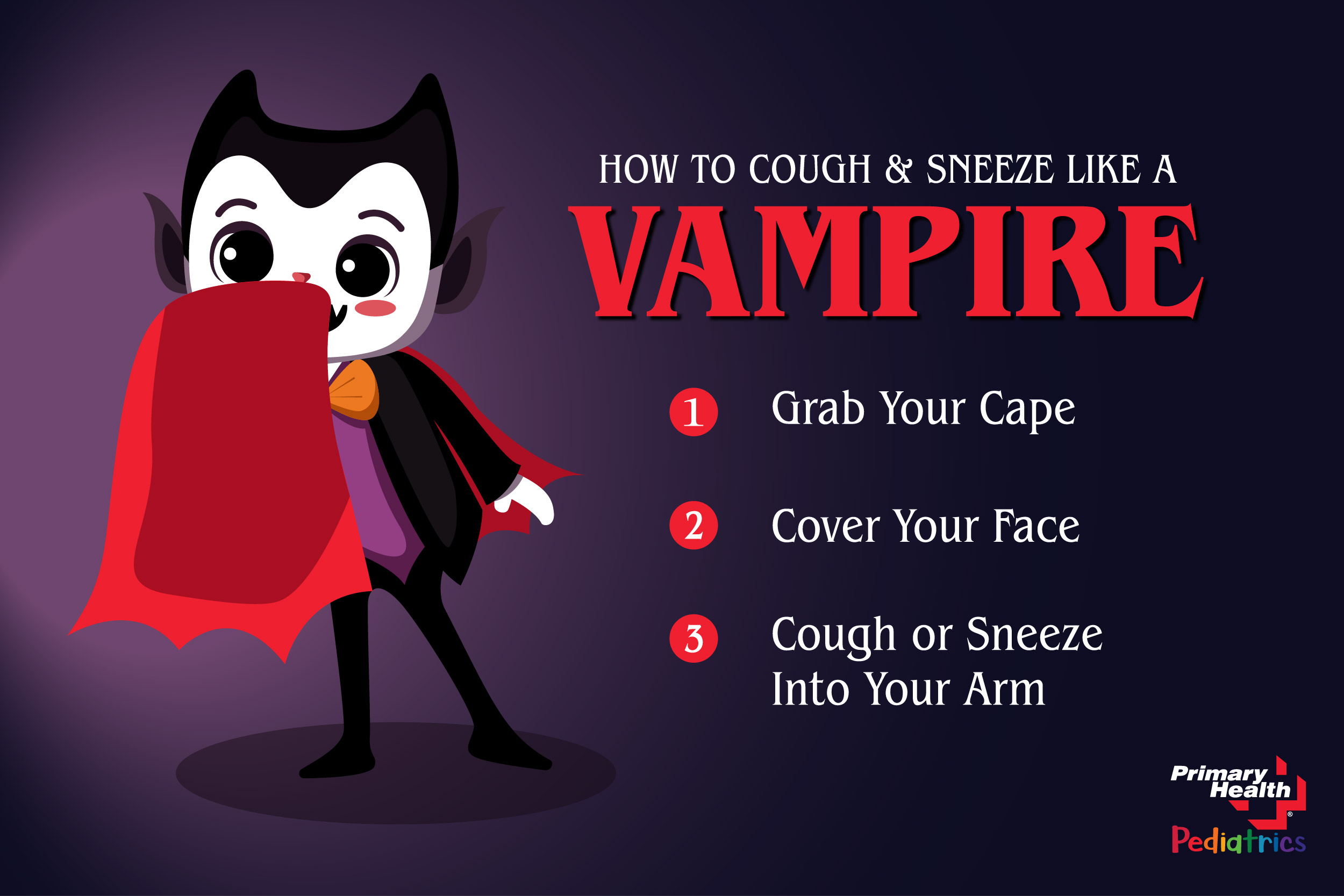January 2025 – Flu season has officially reached the Treasure Valley, and it’s important to focus on how to keep kids healthy during flu surges. Influenza is a contagious virus that is primarily spread through droplets when someone coughs or sneezes, and unlike bacterial infections, the flu cannot be treated with antibiotics. This makes prevention and early intervention crucial, so here are some helpful tips to help keep your kids healthy.

First, practice good hygiene:
- Frequent Hand Washing: Remind your kids to wash their hands regularly, especially after using the restroom or before meals. A fun way to make sure they wash long enough is to sing the ABCs or the “Happy Birthday” song while scrubbing. Be sure they wash all parts of their hands from front to back, between their fingers, and under the nails where germs like to hide the most.
- Avoid Touching the Face: Teach your kids to avoid touching their noise, mouth, and eyes if their hands are unwashed as these features are common entry points for viruses.
- Minimize Sharing: Encourage children not to share their drinks, personal utensils, or other personal items as this can also easily spread germs.
- Cover Coughs and Sneezes: Make sure to cover coughs and sneezes by showing them “vampire techniques” to cough into their elbow to prevent droplets from spreading.
- Stay Home While Sick: If your child isn’t feeling well, it’s important for them to stay home to recover and to avoid infecting others, especially those at high risk.
Second, get vaccinated.
The American Academy of Pediatrics (AAP) and the Centers for Disease Control and Prevention (CDC) recommends everyone 6 months and older should get a flu shot every season with rare exceptions. Vaccination is particularly important for people who are at higher risk of serious complications from influenza.
Flu vaccine is available for patients 6 months and up at all urgent care clinics. No appointment is needed, and we recommend using our Patient Waiting feature to find the shortest line for the fastest care.
Visit urgent care if your child presents symptoms more severe than a common cold:
- Persistent coughs and congestion
- Body aches and fevers (especially in older children as this is not typical with a common cold)
- Gastrointestinal symptoms such as nausea, vomiting, and diarrhea
- Headaches and sore throat
Urgent care can provide quick diagnosis and treatment for your child, if necessary.
Visit the emergency room if:
- Your child is at high risk of experiencing flu complications, including those under age 2 or with chronic heart or lung problems.
- Fevers last more than 3-5 days or are not controlled with fever reducers such as Tylenol or ibuprofen.
- Difficulty breathing is present such as fast or labored breathing.
- Signs of dehydration appear such as dry eyes and/or mouth, no tears with crying, or not urinating at least 3 times a day.
Primary Health Urgent Care is open 7 days a week to evaluate patients with flu symptoms. Book online or find the shortest line for the fastest care.
